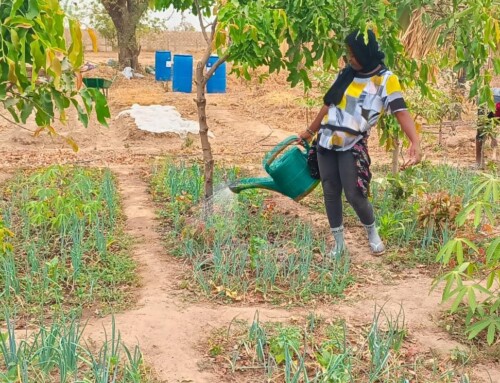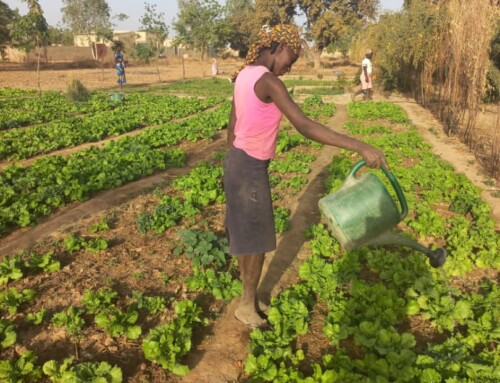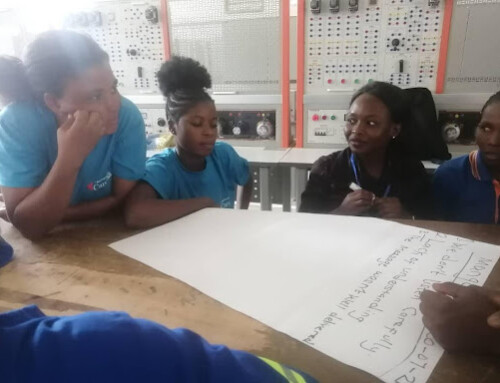The International Children’s Trust has learned over many years working to bring vulnerable children, from labour or the streets, into education, that school is not necessarily a safe place. Our partner Youth Alive, based in the Upper East region (the second poorest in the country) of Ghana and a practitioner in rehabilitating young children from the streets into school, also found this to be true. During the course of its work, the organisation found that many establishments allowed violent and humiliating forms of punishment to be practiced, causing their young students to suffer harm – often severe physical and emotional harm – whilst in their care and as a result triggering further school dropout. Together with Youth Alive, The International Children’s Trust is changing this. Thanks to support from the UK’s Department for International Development we are now working closely with teachers, parents and communities to utilise positive disciplinary methods and to assert a safe learning environment for all their students. Through this work we can ensure that once in school a child, from the street or from years of underage employment, can feel assured of support in an environment conducive to his, or her, education and can look forward to a more stable and secure future.
We are proud to have extended further work in northern Ghana, where generations of widespread rural poverty have impacted families badly and Youth Alive, with the support of the International Children’s Trust, continues to protect children from child labour, enforced marriage, community and domestic violence and eventual school dropout. In the communities of Biu, Vunania and Gaani, Youth Alive identified children who desperately needed support to attend school. These poverty-stricken regions, where children have to supplement the family income by working long, gruelling hours, and where there are high levels of violence at home and in the classroom, are where often the only option is to drop out of school.
Thanks to support from generous donors we have also provided educational material, uniforms and school fees, as well as skilled support for families, and we are delighted to reveal that 95% of the children benefitting from this project have been able to stay in school, pursue their studies and forge themselves a path to a brighter future. By ensuring that these children remain in education, we are able to protect them from some of the dangers they fall prey to when out on the streets.
Northern Ghana: The facts
- The Upper East region of Northern Ghana is the 9th poorest of the country’s 10 regions.
- On average, only one in 5 children attend and/or stay in school beyond grade 5 in Ghana, although figures for the Upper East Region are far worse.
- Official statistics quote 14% of children in the Upper East aged between 5 and 17 are involved in child labour, although these are likely to be substantially higher in reality.
- Girls are frequently taken out of school to take care of their siblings or to get married. Boys are also encouraged to drop out to contribute more to the household income.






